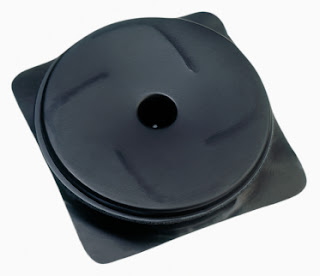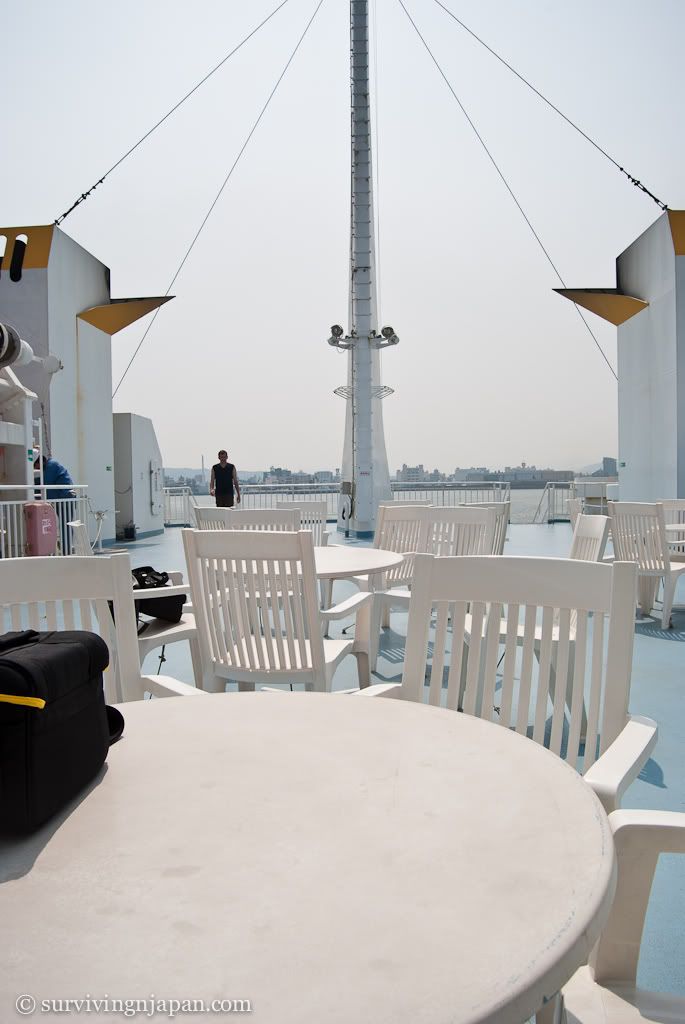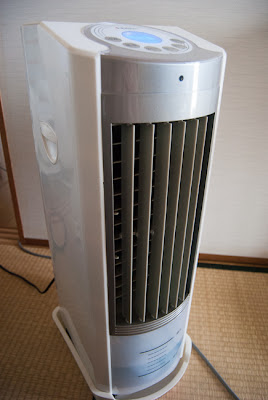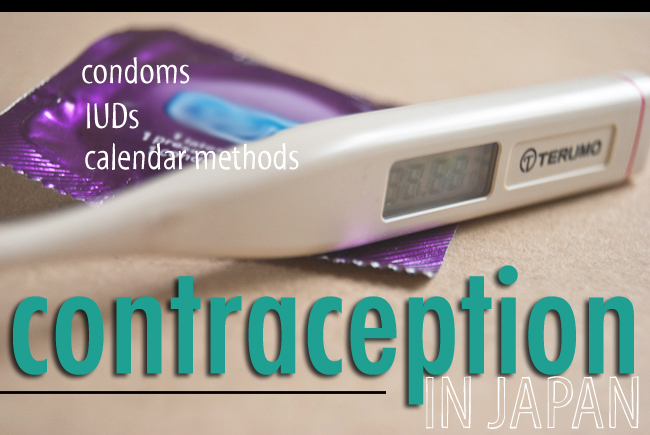The rainy season has ended, and along with the heat and humidity, late July, August and early September mean festivals in Japan. You’ll find them all over the country, and even in local neighborhoods, either 祭り (まつり, matsuri, festival) or 花火大会 (はなびたいかい, hanabi taikai, fireworks display/show). Matsuri generally refers to a festival (as that is what it means), which can take on various forms depending on the type of festival it is. For example, I wrote about the big
Shimada Obi Matsuri last year, which is specific to Shimada city in Shizuoka prefecture, but there are hundreds of other types.
And then there’s fireworks festivals, or 花火大会. Sometimes these happen in conjunction with a regular matsuri, or they may happen separately (particularly the big events). My local neighborhood (or 町, machi/cho, also known as "town") holds a small festival at the nearby temple every summer, and they shoot off fireworks at night.
One large fireworks festival I have particularly enjoyed here in Japan is the Fukuroi Fireworks Festival in Shizuoka. You can read more about it in my
write-up here on SiJ, and if you're interested in going, check out this
Fukuroi Fireworks Festival post for specifics (in English).
So if you’re in Japan, whether you live here or just visiting, I certainly recommend checking out a festival of some kind, in particular the fireworks festivals. But how do you find them?
 Fortunately I haven’t had to deal with cockroaches much at all during my time in Japan (happily I’ll admit, as I’m a wimp when it comes to large, icky bugs like that...). In fact, the apartment we’ve lived in the past two years hasn’t seen one cockroach.
Fortunately I haven’t had to deal with cockroaches much at all during my time in Japan (happily I’ll admit, as I’m a wimp when it comes to large, icky bugs like that...). In fact, the apartment we’ve lived in the past two years hasn’t seen one cockroach.






